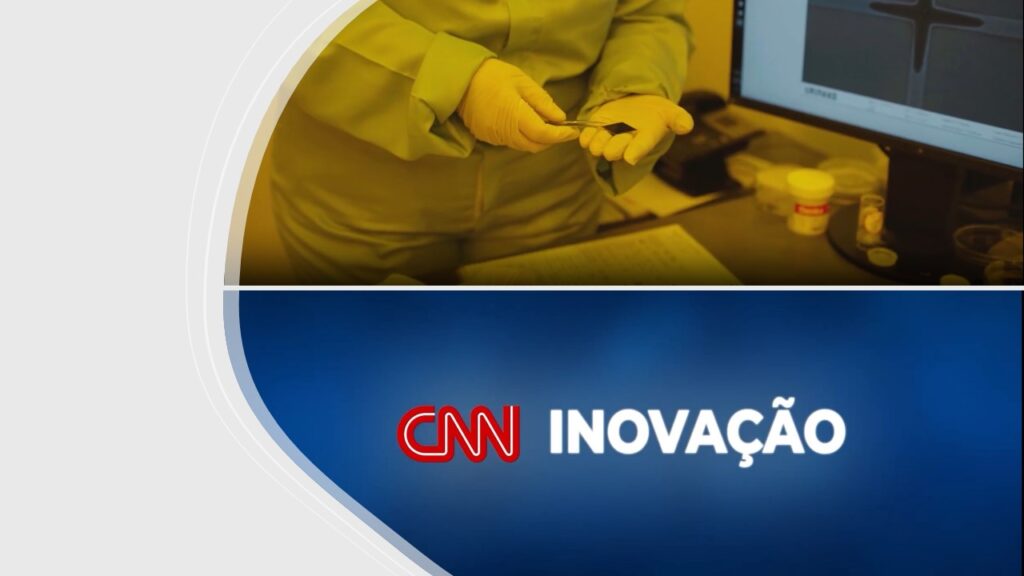An innovative progress in Spintronics-based Edge Computing for Artificial Intelligence is a new project funded by Horizon Europe. AI has already demonstrated its transformative potential, with applications in language models, medical diagnostics, industrial automation, and more. It has generated an astounding €2.7 trillion in business value in 2021 alone, and forecasts predict AI will generate €12 trillion in value by 2030. However, as the demand for AI increases, existing computing architectures, constrained by their intrinsic limitations, are struggling to keep pace. Notably, global data processing reached 97ZB in 2022, and this volume is doubling every two to three years, overwhelming the capabilities of even next-generation technologies like 5G and 6G. The Horizon Europe project MultiSpin.AI is set to innovate the world of artificial intelligence (AI) with the development of an n-ary spintronics-based edge computing co-processor. This technology aims to overcome the limitations of current computing hardware and enable AI to address some of the world’s most pressing global challenges, from healthcare to climate change, transportation, and food security. The Challenge: Overcoming the Limitations of Existing AI Hardware The progress of current computing technology is impeded due to major obstacles: The Solution: A New Era of Spintronics-based AI Co-processors MultiSpin.AI uses spintronics-based technology to develop an edge computing co-processor designed for AI application. This co-processor will enhance energy efficiency, computational speed, and accuracy, overcoming the limitations of current hardware architectures. It will also enable AI to process data locally at the edge—closer to the source—rather than relying on centralized cloud computing, reducing latency, bandwidth, and energy consumption. Project Objectives: Pushing the Boundaries of AI and Spintronics The primary objective of MultiSpin.AI is to design, fabricate, and test AI inference with innovative n-ary multistate magnetic structures. Thus, instead of existing binary spintronic devices, these structures can switch between multiple magnetic states, providing unprecedented speed and energy efficiency for AI computations. Specific objectives include: Meet the consortium MultiSpin.AI is counting with a collaboration of leading research institutes, universities, and two SMEs, combining multidisciplinary expertise in material science, spintronics, AI, and commercialization: Material scientists and spintronics experts from Bar-Ilan University (BIU), INESC-MN, UCLouvain, and SpinEdge are focused on simulating and co-defining magnetic devices. BIU and INESC-MN, as nanofabrication experts, will also fabricate and pattern the devices. Nanomagnetism and characterization experts from BIU, UCLouvain, and INESC-MN will conduct the characterization of these devices through simulations and experimental measurements to refine the designs. Electronic engineers, physicists, and AI experts from INESC-MN, SpinEdge, UCLouvain, and I-FEVS will collaborate on designing and developing a PCB prototype for the co-processor, including driver and control software. AI algorithm developers and IoT experts, alongside spintronics physicists, AI ethicists, and human-centered designers from SpinEdge, UCLouvain, and I-FEVS, will co-develop the AI algorithms for the PoC. The team will use a human-centred design checklist to ensure the technology is unbiased, socially responsible, and ethically aligned. For more information about MultiSpin.AI and to stay updated on the project’s progress, please visit [multispinai.eu] and follow us on LinkedIn [https://www.linkedin.com/company/multispin-ai]. MultiSpin.AI has received funding from the European Union’s Horizon Program under grant agreement 101130046 Media Contact: Marina de Souza FariaDissemination Manager (AMIRES)souzafaria@amires.eu


